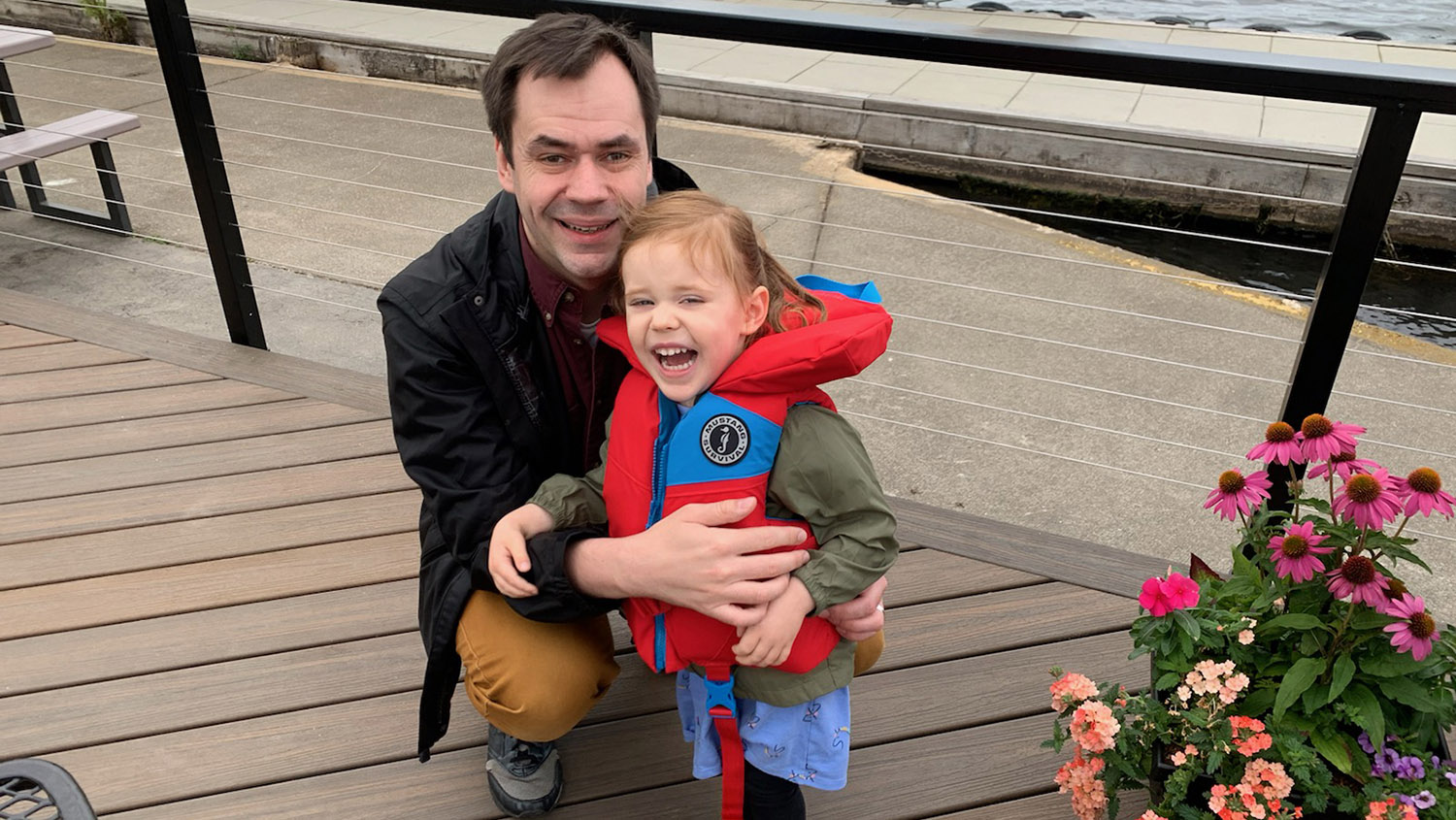Program Details
Our Students & Faculty
Our online program began in the fall of 2015. Since then, we’ve graduated over 140 students! Roughly one-third of our students are out-of-state and two-thirds are in-state. Currently we have about 150 active students in the online program.
articles highlighting some of our fantastic students, graduates, and faculty!
Learn more about our amazing students, graduates, and faculty.
Experience Our Program
Course Timing
Our online courses follow the usual academic calendar for NC State. During the summer we offer some five-week courses, but the majority cover the entire ten-week summer session. Our full-time advisor, Dr. Barton, is available to help with scheduling and planning out your courses.
The courses are completely asynchronous; however, there are due dates throughout the semester and work must be completed in a timely manner. Exams are generally allowed to be taken anytime during their ‘exam window.’ To help our students plan, these exam windows are clearly communicated in the syllabus given at the beginning of each course.
Course Content
We use the learning management system Moodle to house most of our course content. Moodle is a flexible platform that helps enable a great learning environment.
On the Moodle site for your course you’ll find interactive lecture videos, discussion forums, quizzes, assignments, your course grades, and more.
Active Learning
Our online courses come in two forms:
- Recordings of in-person sections
- Narrated lecture videos
The in-person recordings are well liked by students because it gives the feel of physically being in the classroom. We use a multiple camera system to record the presenter and their material. In addition, there are microphones placed throughout the room in order to pick up student questions and comments. This takes the active learning environment of our in-person classes online. We then use technology to further your engagement.
We bring active learning to the narrated lecture videos by including questions throughout our videos. These questions engage the student with the content and provide a means of receiving immediate feedback on how well the concepts are being understood.
Assessments
We use many types of assessments in our courses. For example, you’ll do traditional pen and paper assignments, faculty created online quizzes (not from a textbook company), programming assignments, and writing of reports. We also require group projects and collaboration. To facilitate group work we use google workspace (google docs, for instance) and, since many of our assignments require programming, we often use the collaboration and version control software git and github.
All of our courses that have exam components use proctored exams. A proctored exam simply means that there is an impartial observer that administers the exam. The instructor for the course will give exam windows (usually two to three days) to complete the exam. This information will be available on the syllabus for the course given the first day of class.
For those that are local, you’ll set-up an appointment at one of the DELTA testing centers. If you are not local, we require the use of an approved remote proctor. You can learn more about the guidelines for finding a remote proctor at DELTA’s testing website.
Getting Assistance
We offer many ways to obtain help if you find yourself stuck on an assignment or confused about a concept. You can obtain help in any course via:
- Discussion Forums – There is a course discussion forum located on the Moodle site where students can ask questions to the class. These forums are moderated by the instructor and teaching assistant.
- Office Hours – Zoom is how students can interact with their instructor, teaching assistant, and classmates in a live session. With Zoom you can do text, voice, and video, as well as share screens or create white boards. These optional Zoom meetings are the only synchronous meetings we have in our courses. Information about Zoom is available here.
- Email – Our instructors and teaching assistants are, of course, also available to answer questions via email.
Networking
Networking has increasingly become an integral part of searching for a new position. Developing strong connections to others in the field provides more opportunities and resources for finding the right job for your future. Our students come from varied backgrounds and are often at very different stages of their careers. Those that are proactive in networking gain valuable insight and connections.
We encourage our students to join the American Statistical Association (ASA). The ASA is the largest professional group for statisticians in the United States. They have a huge amount of resources to aid with networking and job searches. Our faculty include past presidents of the ASA and many active members at both the local and national level.

